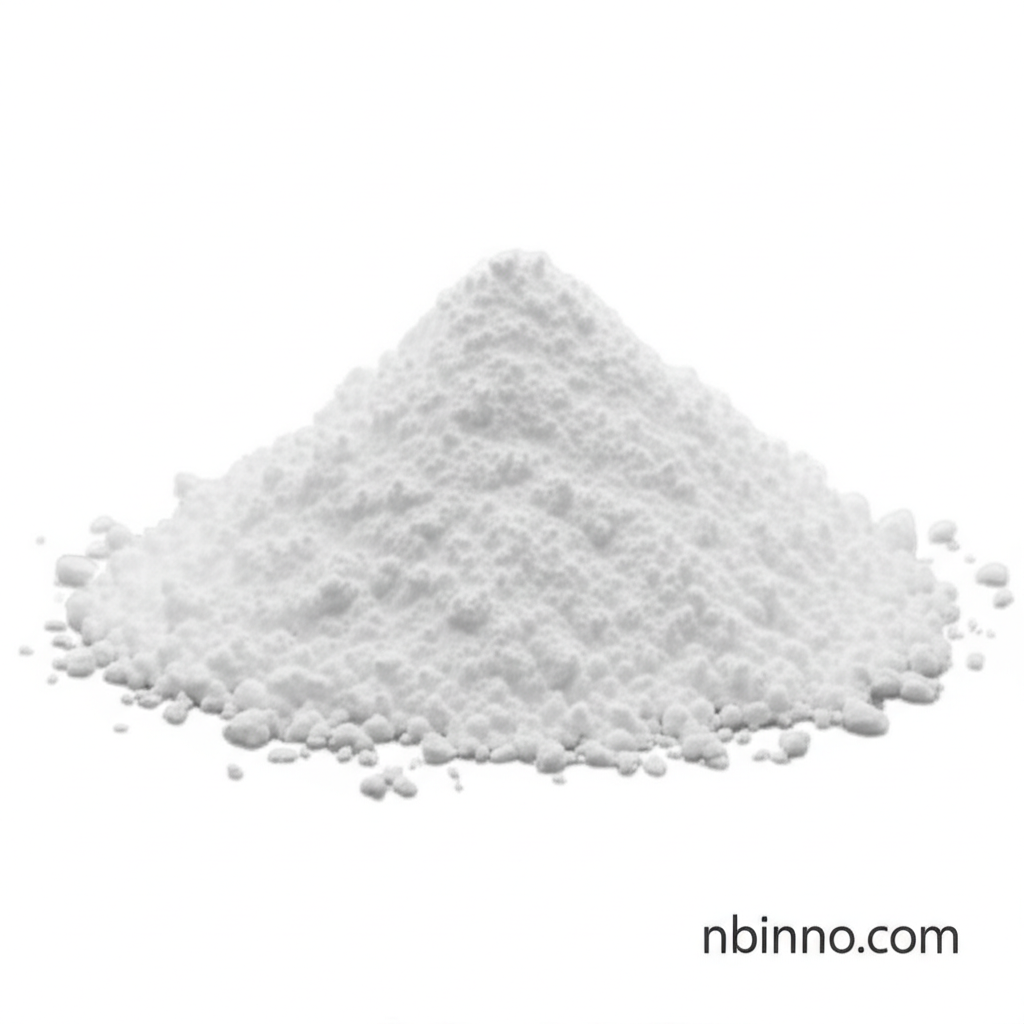Microcrystalline Cellulose: A Cornerstone Excipient
Discover the essential role of Microcrystalline Cellulose in pharmaceutical formulations, enhancing tablet quality and drug delivery.
Get a Quote & SampleProduct Core Value

Microcrystalline Cellulose
Microcrystalline Cellulose (MCC) is a highly purified and processed form of cellulose, widely recognized for its exceptional properties as a pharmaceutical excipient. It serves as a critical component in solid dosage forms, offering a unique blend of functionalities that enhance drug product quality and performance.
- Binder and Filler: MCC excels as a binder, providing strong cohesion for tablet integrity, and as a filler, adding necessary bulk for accurate dosing, significantly improving tabletability.
- Disintegrant Properties: Its porous structure and water-absorption capacity facilitate rapid tablet disintegration, ensuring efficient drug release and bioavailability, a key aspect for drug dissolution.
- Direct Compression Excellence: MCC is a prime choice for direct compression, simplifying manufacturing processes due to its excellent flowability and compressibility, crucial for direct compression tableting.
- Chemical Inertness and Stability: Being chemically inert, MCC does not interact with active pharmaceutical ingredients (APIs), ensuring the stability and efficacy of the final drug product throughout its shelf life.
Key Advantages of Microcrystalline Cellulose
Enhanced Compressibility
MCC offers superior compressibility, allowing for the creation of robust tablets with minimal compression force, a significant advantage for pharmaceutical grade cellulose.
Improved Flowability
Its excellent flow characteristics ensure consistent powder feeding in tablet presses and capsule fillers, vital for maintaining uniform tablet weight and content uniformity, as discussed in microcrystalline cellulose properties.
Versatility in Formulation
MCC is a versatile excipient, effectively used in wet granulation, dry granulation, and as a binder/disintegrant in various dosage forms, demonstrating its broad utility in pharmaceutical applications.
Key Applications
Tablet Manufacturing
As a primary binder and filler, MCC is integral to producing tablets with optimal hardness, disintegration, and controlled release, crucial for drug dissolution.
Capsule Filling
MCC's good flow properties make it an ideal diluent and filler for capsules, ensuring consistent fill weights and content uniformity.
Wet & Dry Granulation
MCC is effective in both wet and dry granulation processes, enhancing granule properties and overall tablet manufacturability.
Sustained Release Formulations
Its ability to control drug release through matrix formation makes MCC valuable in developing sustained-release drug delivery systems.
